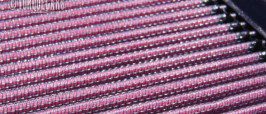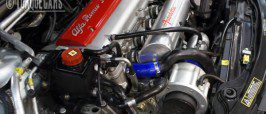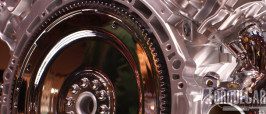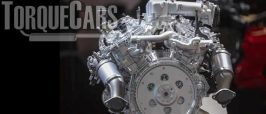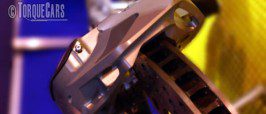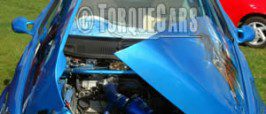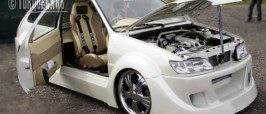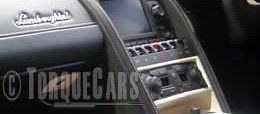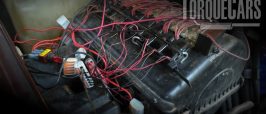Daimler Tuning Tips and Modifications
Maximise your Daimlers driving pleasure
Thank you so much for visiting TorqueCars, we love Daimler’s and see quite a few interesting projects.
If you are looking to build the ultimate Daimler then you’ve found the right place.
Our tuning tips and articles for the Daimler cover all the best mods and latest tuning methods to help you build a great modified Daimler.
With the help of our forum members, industry professionals and seasoned car modders we present a best practice guide to modding your Daimler.
Please join us in our forums, we love to hear what members are up to and it helps us spot trends so that we can ensure the site is always covering the latest and greatest tuning topics.
Feel free to drop a tip or suggestion on the comments box at the bottom of each and every article, this feedback is greatly valued and helps us refine our articles.
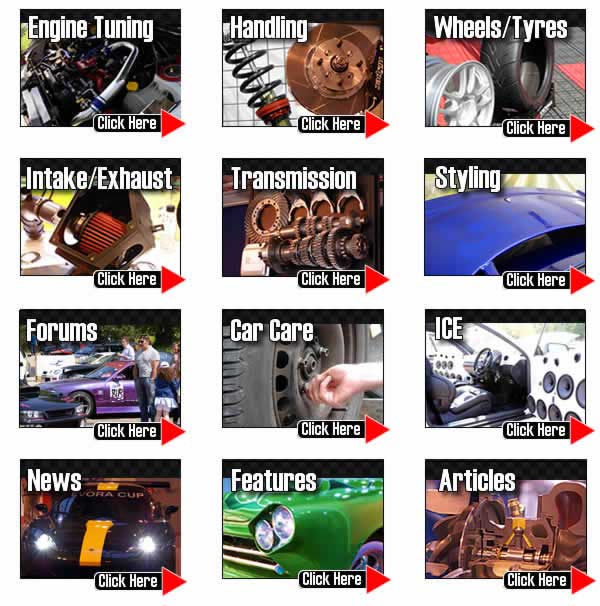
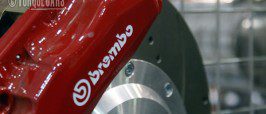
This phenomenon known as brake fade can be quite unexpected and lethal and I would hazard a guess that 1 in 4 cars are likely to experience brake fade to some degree. Brake fade manifests itself by a spongy feel on the pedal and little or no braking force. Do not confuse brake fade with bad brakes or a mechanical fault as it applies to brake systems in relatively good condition.
Induction Kits vs Panel Filters
Explore the differences and benefits of an induction kit compared to panel air filters in real world aplications. Do intake mods help you make more power? Is it worth the cost?
Diesel Tuning for maximum power and torque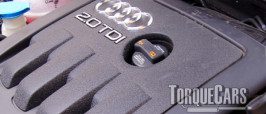
From a diesel perspective, anything that isn’t turbocharged is a waste of time from a tuning point of view. Similarly, anything that isn’t using electronically managed direct injection is a pointless tuning proposal so we are somewhat limited to modern Turbo Diesels.
Get rid of those two ointment bound flies and things get more interesting
Sports ignition coils and performance coil packs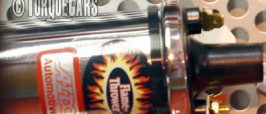
Lets look at the job of the coil in the spark system and see what it does.
Just as a power transformer converts mains 240 volts into a usable 9 volts for your charger or appliance a coil will increase the voltage.
A car battery/alternator will produce a paltry 12volts, certainly not enough to jump an air gap and create a spark.
An ignition coil raises the voltage in some installations between 20 and up to 40,000 volts and this allows the creation of a spark which can jump the air gap between the plugs.

